Is this a job for a structural engineer?
daba78
15 years ago
Related Stories
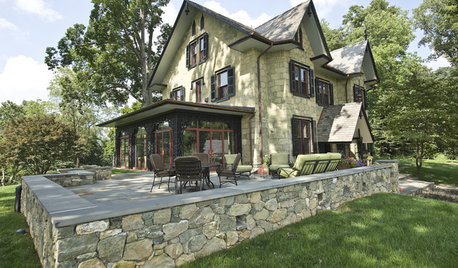
LANDSCAPE DESIGNGarden Walls: Mortared Stone Adds Structure, Style and Permanence
Learn the pros and cons of using wet-laid stone walls in your landscape
Full Story
REMODELING GUIDESWhen to Use Engineered Wood Floors
See why an engineered wood floor could be your best choice (and no one will know but you)
Full Story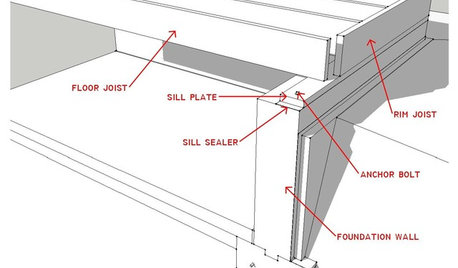
KNOW YOUR HOUSEKnow Your House: What Makes Up a Floor Structure
Avoid cracks, squeaks and defects in your home's flooring by understanding the components — diagrams included
Full Story
HOUZZ TOURSHouzz Tour: A Half-Demolished Structure Becomes a Fresh, Modern Home
This 1970s Sydney house became an industrial-meets-modern home at the hands of a husband-and-wife design team
Full Story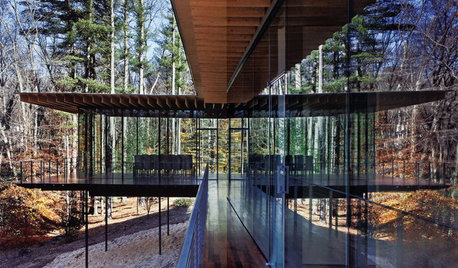
ARCHITECTUREHouses Exposed: Show Your Structure for Great Design
Why take part in the typical cover-up when your home’s bones can be beautiful?
Full Story
CURB APPEAL7 Great Structures for an Attractive Front Yard
Create a tasteful tableau for all to admire with a fountain, gate, statue or other eye-catcher
Full Story
HOUZZ TOURSMy Houzz: Rustic Meets Refined in a Converted Ohio Barn
Intelligent reuse and innovative engineering create a modern family home that’s anything but typical
Full Story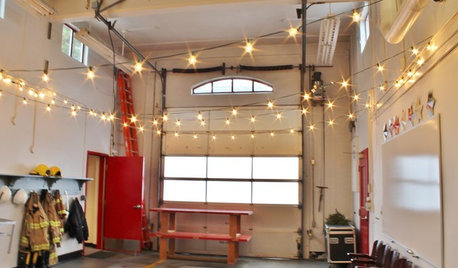
HOUZZ TOURSMy Houzz: Reinventing a 1930 Fire Station for Family Life
Don't sound the alarm because the fire engine is gone; this remodeled station now happily hosts fundraisers and two generations of a family
Full Story
KNOW YOUR HOUSEStair Design and Construction for a Safe Climb
Learn how math and craft come together for stairs that do their job beautifully
Full Story


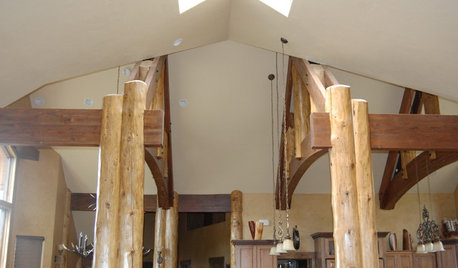
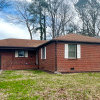

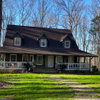
logic
chris8796
Related Discussions
Structural engineer needed??
Q
Unprofessional Structural Engineer
Q
do we need a structural engineer?
Q
Price for structural engineer opinion? $300?
Q
logic
Linda
chris8796
lyfia
logic
mariend
Linda
logic
marys1000
lyfia
Linda
lyfia
logic